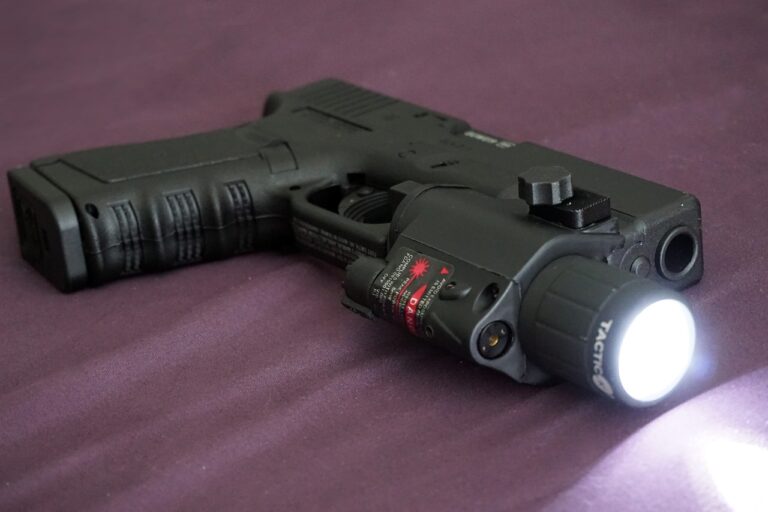Smart Home Security Systems: Wired vs. Wireless Options
99exch, laser247 club, world777 contact number: Smart home security systems have become increasingly popular in recent years as more and more homeowners are looking for ways to protect their homes and loved ones. When it comes to choosing a security system for your home, one of the biggest decisions you’ll need to make is whether to go with a wired or wireless option. Both types of systems have their pros and cons, so it’s important to weigh your options carefully before making a decision.
Wired Home Security Systems
Wired home security systems have been around for decades and have a reputation for being reliable and secure. These systems are hardwired into your home’s electrical system and typically require professional installation. While wired systems can be more expensive upfront due to the cost of installation, they are generally more reliable than wireless systems and less prone to interference from other electronic devices.
One of the biggest advantages of wired home security systems is that they are not susceptible to hacking or signal jamming, which can be a concern with wireless systems. Wired systems also tend to have a longer lifespan and require less maintenance than their wireless counterparts. Additionally, wired systems can be more difficult for burglars to disable, as they cannot simply cut a wire to deactivate the system.
However, there are some drawbacks to wired security systems as well. For one, they can be more expensive to install, especially if you have a larger home or one with complicated wiring. Wired systems also require drilling holes in walls and running wires throughout your home, which can be a hassle and may not be ideal for renters or those who prefer a more streamlined setup.
Wireless Home Security Systems
Wireless home security systems, on the other hand, have become increasingly popular in recent years due to their ease of installation and flexibility. These systems use wireless technology to communicate between sensors, cameras, and the control panel, eliminating the need for extensive wiring throughout your home. Wireless systems are also typically more affordable than wired systems, making them a popular choice for budget-conscious homeowners.
One of the biggest advantages of wireless home security systems is their ease of installation. Most wireless systems can be set up by the homeowner without the need for professional installation, saving you time and money. Wireless systems are also easily customizable and can be easily expanded with additional sensors or cameras as needed.
However, wireless systems do have some drawbacks to consider. One of the main concerns with wireless systems is the potential for signal interference or hacking. Because wireless systems use radio frequencies to communicate, they can be susceptible to interference from other electronic devices or even malicious attacks. Additionally, wireless systems typically have a shorter battery life than wired systems and may require more frequent maintenance.
Choosing the Right System for Your Home
When it comes to choosing between a wired and wireless home security system, there is no one-size-fits-all answer. The best system for your home will depend on a variety of factors, including your budget, the size and layout of your home, and your specific security needs.
If you prioritize reliability and security and don’t mind the extra cost and hassle of professional installation, a wired system may be the best option for you. On the other hand, if you’re looking for a more affordable and easy-to-install solution that can be easily customized, a wireless system may be the better choice.
FAQs
Q: Are wired home security systems more secure than wireless systems?
A: Wired systems are generally considered to be more secure than wireless systems due to their lack of susceptibility to hacking and signal jamming.
Q: Can I install a wireless home security system myself?
A: Yes, most wireless home security systems are designed for easy DIY installation, so you can set up the system yourself without the need for professional help.
Q: Do wireless home security systems require batteries?
A: Yes, most wireless sensors and cameras in a wireless home security system are battery-powered and will need to be replaced periodically.
Q: Can I mix wired and wireless components in my home security system?
A: Yes, many security system providers offer hybrid systems that combine wired and wireless components for added flexibility and customization.
Q: Do home security systems require a monthly fee?
A: Some home security systems require a monthly monitoring fee for professional monitoring services, while others offer self-monitoring options at no additional cost.







